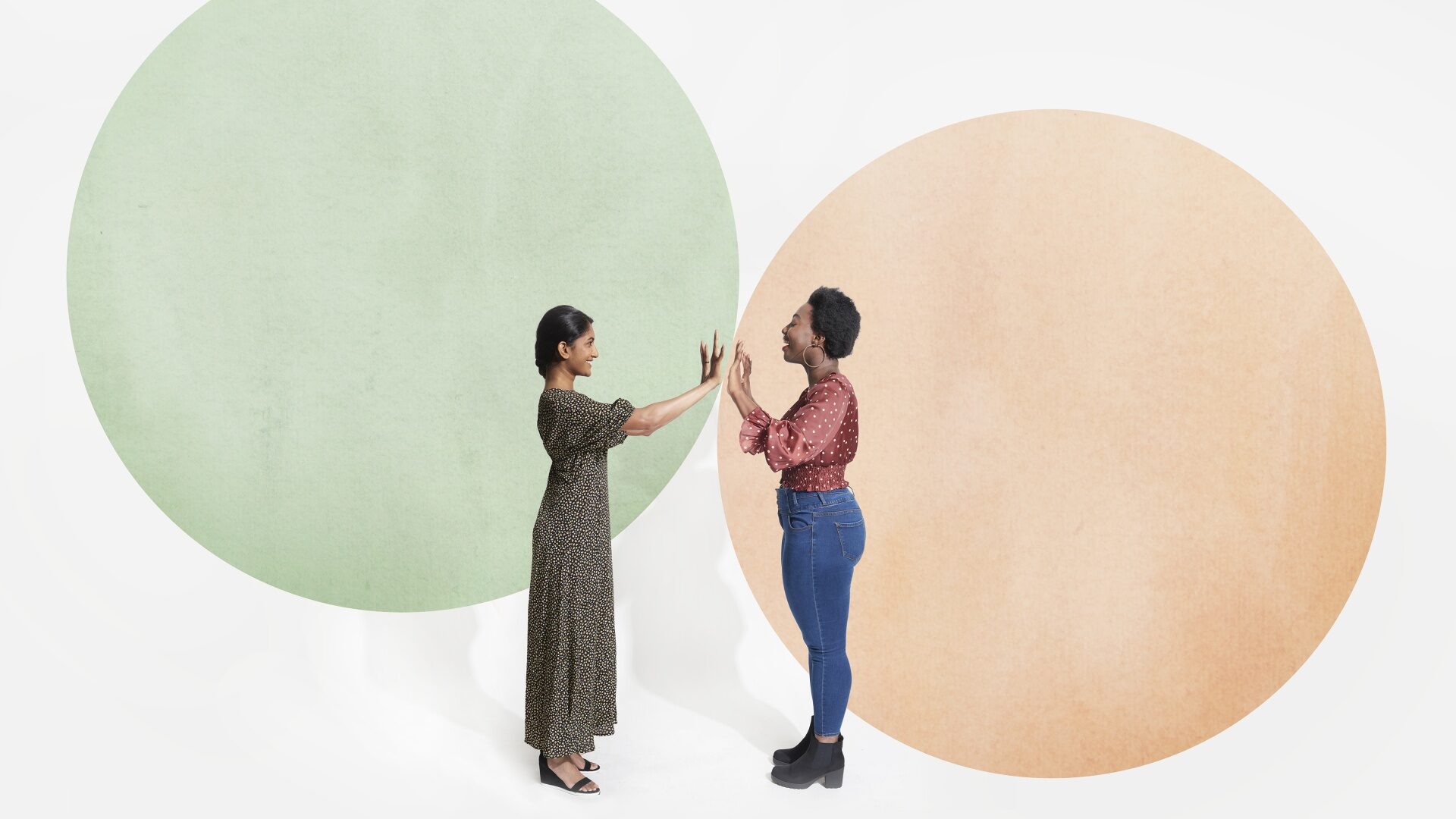
Now that influencing and vlogging are entirely a part of lifestyle content, you can feel pressured as a viewer to want to do the same thing, but where do we draw the line at overstepping boundaries?
When you enter the content creation space, specifically if your niche is at-home content or personal storytelling, it can seem like you’re expected to share intimate moments with your audience at the drop of a dime.
Subconsciously, many of us feel that if we open up more on our social platforms, we’re deemed as relatable or likable, but we don’t talk about the entitlement people online will have over our lives. In a space where everyone is opening up on a public platform, it’s also important to emphasize the need for boundaries.
“A boundary is only as good as its consequence,” said Dr. Racine Henry, Licensed Marriage and Family Therapist. “You can lay out what you want or are unwilling to accept, but it has to be followed up with some action or change which reinforces that the offensive behavior isn’t acceptable.”
Read ‘Setting Boundaries: Why Quiet Quitting Is A Form Of Self-Care For Generation-Z’
A new report from Tessian revealed that 84% of people post personal information to their social media accounts weekly. In an era where it’s okay to overshare, there’s a thin line between being vulnerable and protecting your piece online and, most importantly, offline.
There have been countless times when influencers and celebrities have vocalized the need for better boundaries in their lives due to people constantly bombarding them with personal questions.
Influencers like Jackie Aina with luxury content have become skeptical about sharing certain things on such a large platform because it allows others to invade your space.
“It took me some time before I started to get comfortable sharing that part of my life,” Aina told Refinery29. “I knew I didn’t want to open the door because I knew what people would say, so I was just enjoying it privately. There’s a lot of anxiety, I think, about being a proud and successful Black woman; you should be successful but not that successful. But I had to get over that insecurity.”
Though we see influencers taking a stand on setting better boundaries for themselves online, this could also apply to the everyday person because we shouldn’t have to conform to the practice of oversharing the good, bad and ugly.
“Boundaries should be about self-preservation and protection. It can be hard not to share everything on the internet, especially when people go viral for sharing sensitive information or for having their private lives exposed,” Henry said. “It can help to disconnect and engage in real life away from a screen. Social media should have a manageable place in your life, but it doesn’t have to consume you daily.”
According to a report in Gitnux, 80% of people say they have experienced increased jealousy due to social media use. While consuming social media, it can be easy to want to compare yourself because you’re not giving yourself a boundary between your real life and life online.
With social media’s massive impact on our work life, relationships and friendships, we must immediately set boundaries for ourselves in the beginning to protect our peace. If other parties don’t want to accept your limitations, we must put them and prioritize ourselves first.
“In reality, a boundary only makes a person uncomfortable if they don’t plan to respect you in the first place,” Henry told GU. “There’s no guarantee that the person will come around or the boundary will work. However, doing nothing in response to your unhappiness or discomfort means you’re playing a role in what’s making you sad.”
Read ‘You Shouldn’t Ignore These Red Flags In A Relationship’
About Kenyatta: Clark Atlanta University and Medill School alumna Kenyatta Victoria is the Girls United writer covering everything from news, pop culture, lifestyle, and investigative stories. When not reporting, she’s diving deep into her curated playlists or binging her favorite comfort shows.